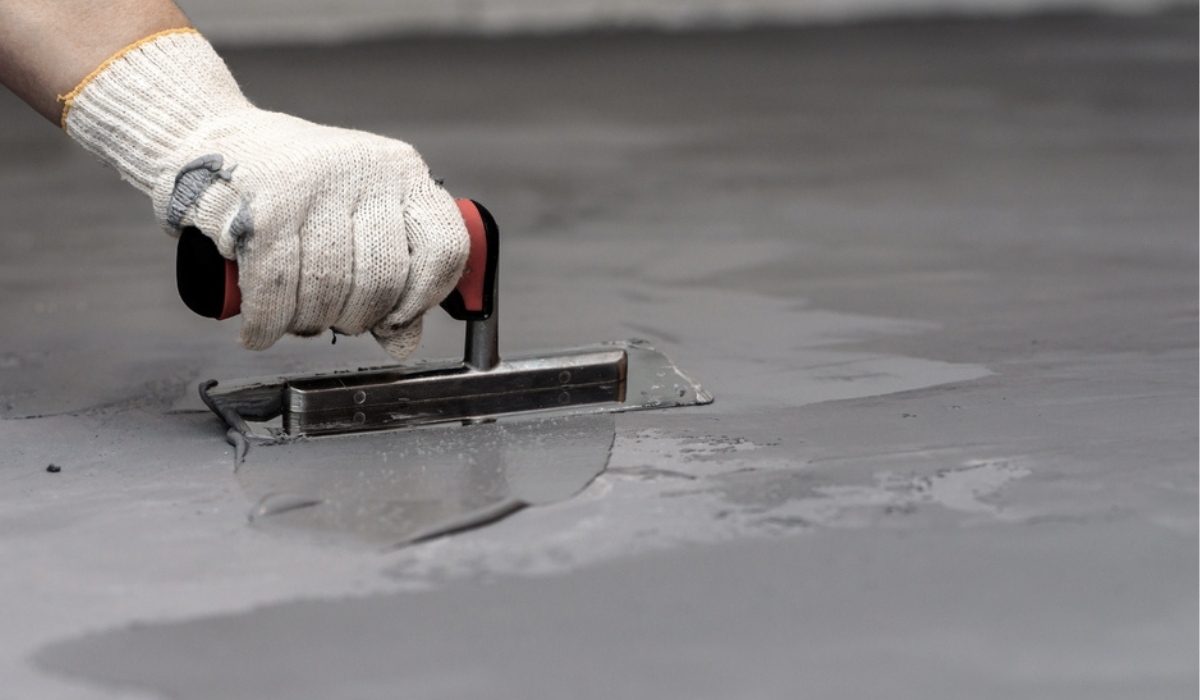
Reinforced concrete differs from standard concrete in that it incorporates steel bars that generate tensile strength, providing greater support under heavy loads without cracking or becoming fragile. This type of floor can withstand pressure without fracture or becoming fragile under pressure, giving your business the upper hand on competitive edges.
Uneven warehouse floors can lead to damaged equipment and costly downtime, which makes reinforced concrete flooring such a popular choice for both industrial and commercial settings.
Durability
Concrete slabs Melbourne is an extremely popular construction material for good reason: its durability, cost-efficiency and corrosion-resistance outshone most other options. When coated properly it can even protect against liquids or other contamination sources.
Reinforcing steel is used to increase the strength of concrete by decreasing lengthwise forces that cause tension tensile stress. This helps strengthen floor slabs.
Reinforced concrete is not only fireproof, but can withstand severe environmental changes as the steel and concrete react similarly to temperature fluctuations, thus preventing internal stresses from developing.
Uneven warehouse floors create many headaches for business operations, especially in terms of safety and efficiency. Forklifts and pallet jacks were designed to work on smooth surfaces, so when their performance is compromised by unevenness in the flooring it can cause equipment damage as well as additional time wasted detouring around problem areas. Concrete with steel reinforcement is strong enough to handle the impacts caused by heavy equipment while still providing a uniform surface.
Strength
Concrete can be quite fragile and has poor tensile strength, making it unsuitable for floors with high stress levels. Steel reinforcement gives concrete floors robustness against bending and shear forces while the compressive strength provided by the concrete complements that provided by steel reinforcements.
Reinforced concrete offers an economical solution for industrial flooring needs. Able to support heavy loads, its long lifespan makes repair and maintenance simpler than with other forms of flooring materials.
Commercial warehouse floors made of concrete with steel reinforcement provide a smooth surface essential for safety and efficiency. Pallet jacks and forklifts need to run on smooth surfaces to avoid wearing down tires and components that reduce productivity while increasing costs; using reinforced concrete allows you to eliminate this issue altogether by selecting the ideal construction material for your warehouse.
Flexibility
Reinforced concrete floors can withstand high pressure, heavy foot traffic and years of general wear and tear without showing signs of cracking. Furthermore, reinforced floors can withstand temperature variations and corrosion-inducing chemicals without showing any sign of wear and tear.
Uneven warehouse floors pose serious health and safety hazards to employees. Bumps create trip hazards while depressions trap water and other fluids which increase the risk of equipment damage.
Concrete that forms a floor slab acts as an elastic diaphragm bearing on point supports, making this system an excellent option for building designs requiring long span concrete floors. Furthermore, this economical choice provides more floor layout flexibility than banded-beam or wide module joist systems.
Steel fibre reinforcement Brisbane is more versatile than mesh reinforcement as it can be built directly into concrete prior to setting. This eliminates the need to store rebar or hoist it into place before installation; plus it’s faster. Furthermore, steel fibres offer greater corrosion protection compared to mesh.
Corrosion Resistance
Concrete flooring is one of the toughest flooring materials available, able to withstand pressure as well as temperature fluctuations and environmental conditions such as pressure. Due to this strength, concrete floors are often chosen for warehouse designs or multi-story buildings.
Concrete provides compressive strength while steel reinforcement offers tensile strength. Both materials are well bonded together to withstand heavy loads without deforming, as they both possess similar thermal expansion coefficients which help them expand with no detrimental side-effects when subjected to heat expansion.
Reinforced concrete’s strength can be further increased through the addition of steel bars and mesh. These metals are embedded in the concrete prior to pouring, then solidifies around it when set, giving extra strength and stability to your floor while helping distribute any stress or load placed upon it, helping prevent cracking or breaking.
